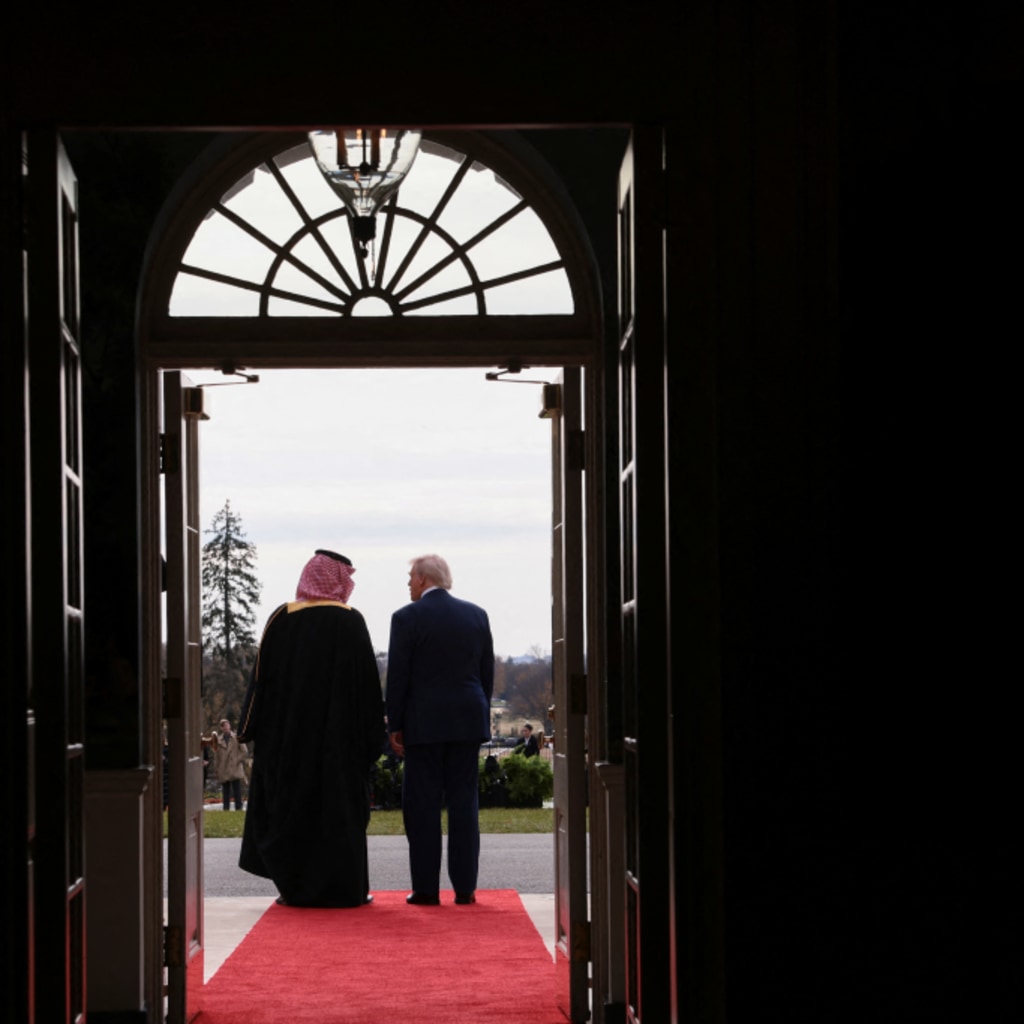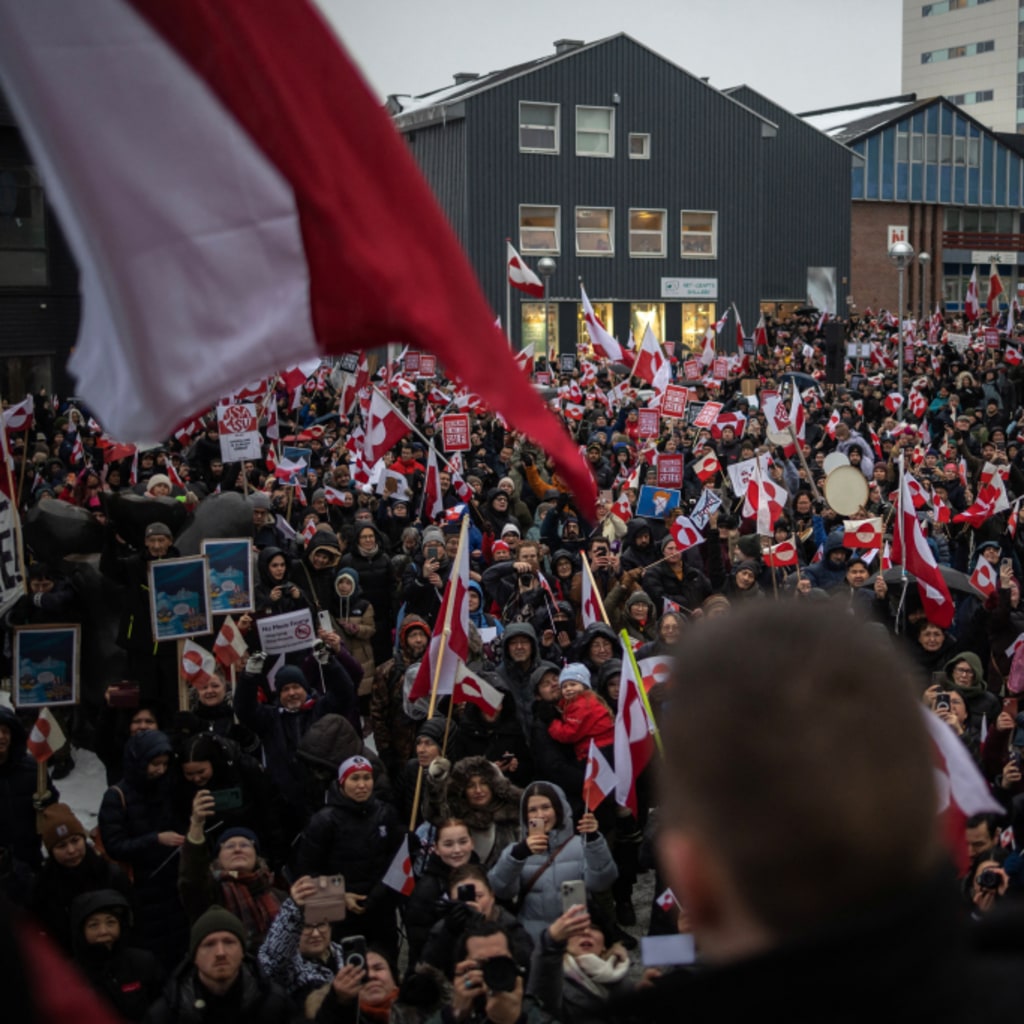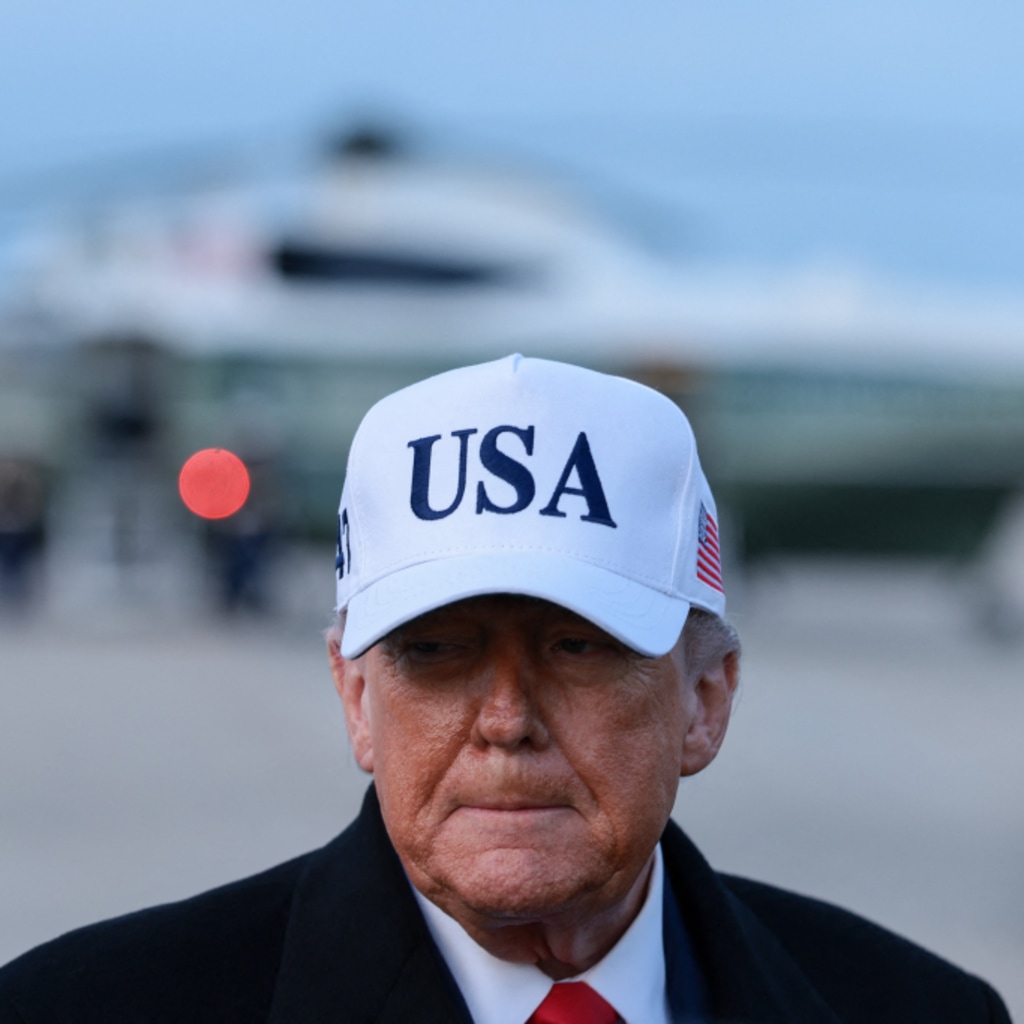Podcast: Eradicating Poverty in China—An Impossible Task?
Despite sweeping reforms that have reduced rural poverty by 94 percent since 1980, more than 43 million people in China still live below the poverty line. To combat the widening income gap, the Chinese government established programs like the dibao, an income subsidy for the nation’s poorest that many still rely on as their primary source of income.
Loading...
0:00 / 0:00
Published
Guest
- Elizabeth C. EconomyHoover Institution, Stanford University
Show Notes
Despite sweeping reforms that have reduced rural poverty by 94 percent since 1980, more than 43 million people in China still live below the poverty line. To combat the widening income gap, the Chinese government established programs like the dibao, an income subsidy for the nation’s poorest that many still rely on as their primary source of income. Columbia University Professor Qin Gao explores the effects of this program in her recent book, Welfare, Work, and Poverty: Social Assistance in China. She argues that problems like corruption and poor implementation have limited the dibao’s effects since it was first established. Although President Xi Jinping has pledged to eradicate poverty by 2020, Gao notes that as poverty is “eliminated,” the dibao system is also shrinking with no program to replace it. Listen to this week’s Asia Unbound podcast to learn more about China’s social welfare programs and whether Xi’s goal of poverty eradication can be achieved.





